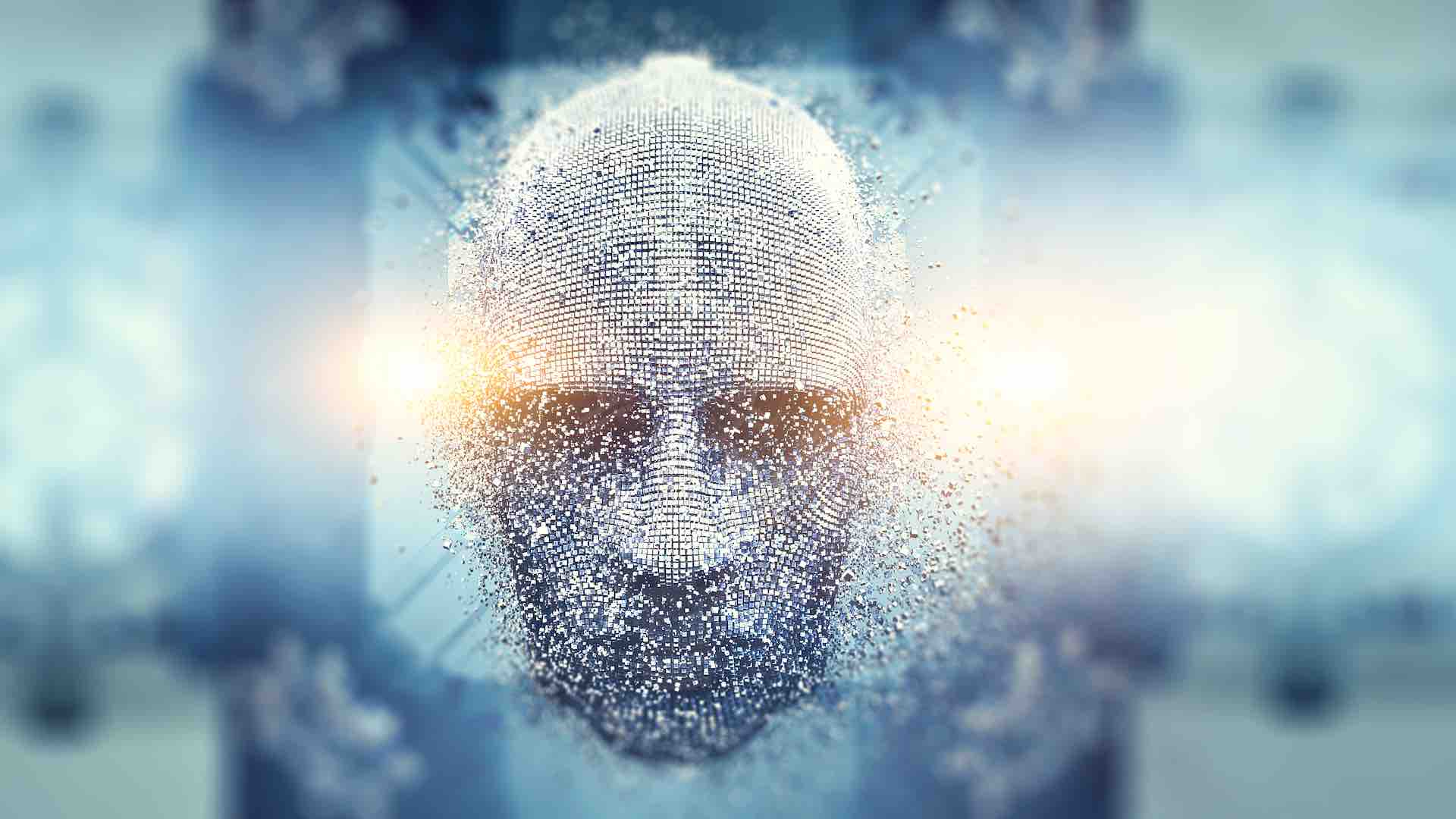OpenAI has raised concerns about the potential for users to become overly dependent on its new ChatGPT voice mode, which offers real-time, human-like responses. Launched last week for premium users, this feature marks a significant leap in making AI interactions more lifelike, including the ability to mimic human conversational sounds like laughter and interruptions.

The company’s safety review report highlighted fears that the feature’s realism might lead to emotional attachments similar to those depicted in the movie “Her,” where a man falls in love with his AI assistant. The comparison has become more apt as OpenAI noted instances of users expressing personal connections to the AI.
According to OpenAI, the new voice mode could potentially reduce users’ need for human contact. This scenario poses both opportunities and risks, as it could provide company to the lonely but might also disrupt normal social behaviors and relationships. The voice tool’s ability to discern emotions adds to its complex influence.
Experts like Liesel Sharabi from Arizona State University caution about the long-term implications of forming deep relationships with evolving technologies. OpenAI’s report discusses the broader context of rapid AI deployment in society without full understanding of the consequences, reflecting a common trend in technological advancement and its unforeseen uses.
Some users are already reporting what they describe as romantic engagements with AI chatbots, sparking debates among relationship specialists over the ethical dimensions of such interactions. OpenAI acknowledges these dynamics, suggesting that the technology could redefine social norms, especially around conversational turn-taking and emotional connections.
Despite these concerns, OpenAI remains committed to responsible AI development, continuing to monitor how its tools affect human behavior. The company emphasizes its commitment to safety, underscoring the importance of understanding the psychological impacts of its technologies as they become increasingly integrated into daily life.
This unfolding scenario underscores a pivotal challenge in AI: balancing innovation with the need for ethical oversight. As AI tools become more embedded in personal and professional spheres, the dialogue around their impact on human relationships and societal norms continues to evolve, driven by both technological advances and user experiences.
